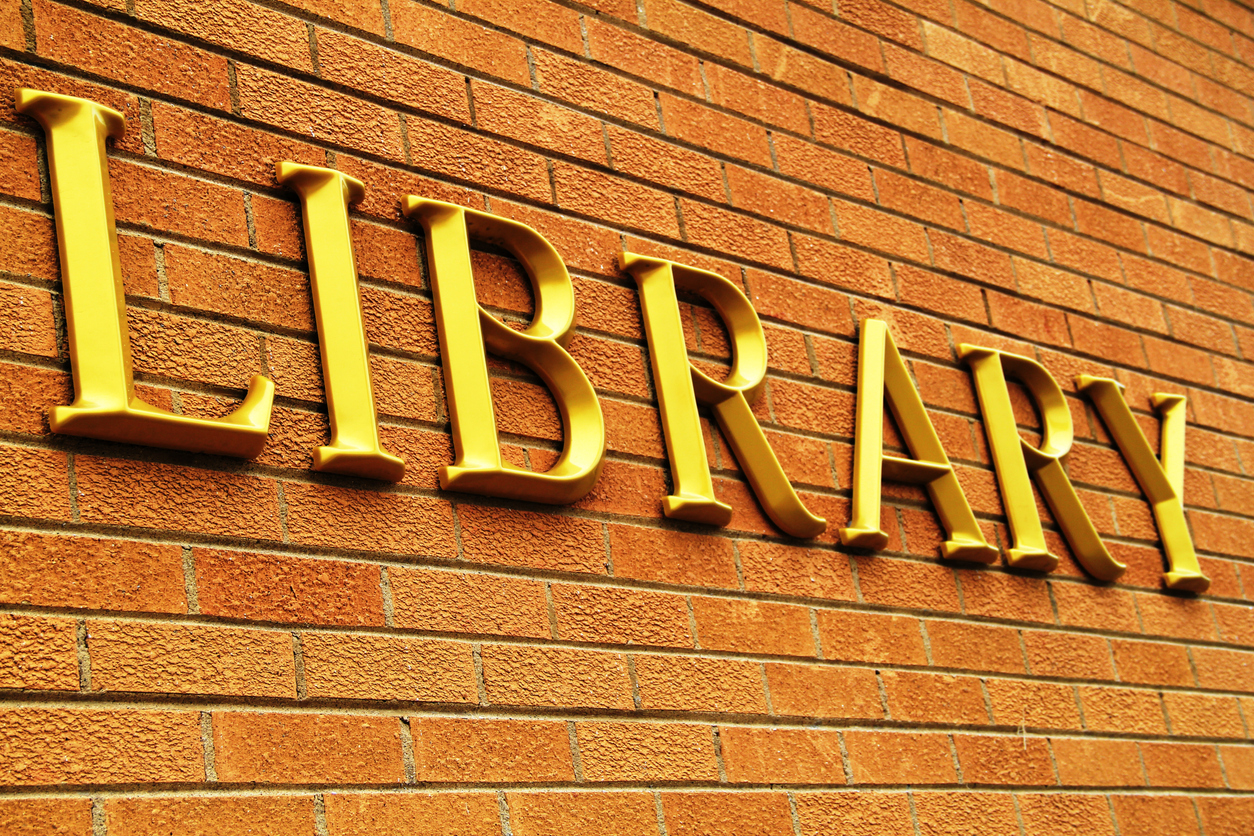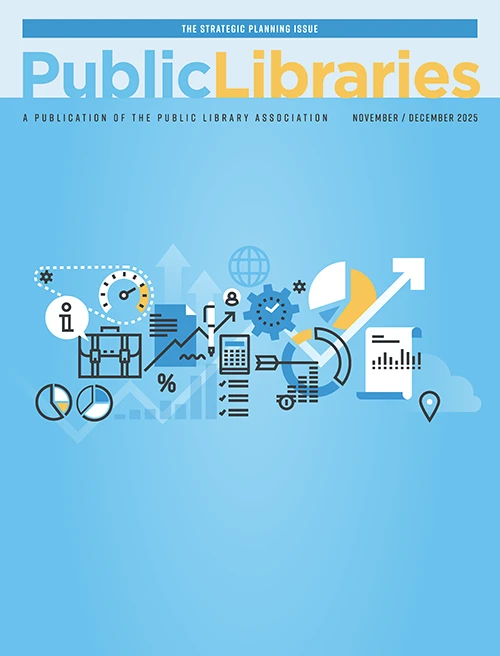To Fine or Not To Fine
On and off, I see discussion about charging late fines to patrons. I know many argue that not charging late fees, but putting out a donation jar nets greater profit. I have often wondered if the libraries that pursue a no fine option are libraries in which it is known that the money collected goes straight to town coffers and not to the libraries themselves. Regardless, I am not in favor of the donation or no fine approach.
My reasoning is not based on any fiscal basis. With my library’s fines set between $0.05 and$1.00, and individual items capping at $3.00, this is not and never will be a revenue stream. My reasons for keeping a fine based system have more to do with psychology. When I was a child, having fines for library books was a means of teaching responsibility and consequence for my actions (or inaction). For me then, and now, the cents per day fee was a gentle way to remind me that library borrowing should not be taken for granted. It was not merely a repository, kept available for my pleasure only, but a valuable service that others used besides me.
As a child, I secretly liked my overdue fine, because the responsibility of paying my overdue fine allowed me to feel ownership and grown-up. Like responsible grown-ups who paid their bills, I would also. But it was also something that I had control over. I learned to be responsible, not only to my debts, but to others. After all, I understood that the fine being imposed was to deter me from keeping the book that others might be waiting for. With adults, I find fines to still be a reminder of responsibility.
Although the charges are token amounts, the process of charging fines also serves to remind the public that we are providing a service of value and that we have expenses. It is a sad truth of American society that people associate value with cost. Generally, the more people pay for a service the more value they place on it. Libraries offer most of their services for free, thus in the collective consciousness we are already starting off at a disadvantage. If we then present rules – rules that exist for practical reasons – with no consequence for breaking said rules, we have undermined ourselves even further.
The charging of token library fines is a way to communicate to the public that libraries matter. Sure, we provide free access to materials, this is a great thing and we are able to do this because we also require that materials be returned to us in a timely manner. If it is not returned on time, a small fee communicates that social rules are broken. This act, while probably insignificant to the borrower, has, in fact, significance. It is significant enough that the borrower will have consequence. If the borrower continues their behavior, in not returning materials over long periods of time, their costs are higher, thus communicating the greater consequences of their behavior.
Fines are not about making money. Nor are they actually punitive, as we frequently ‘forgive’ fines for particular circumstances, and small fines can be carried on an account indefinitely. Fines are a tangible reminder of the patron’s responsibility, the library’s importance, and the consideration of others.
Tags: fine forgiveness, fines at the library, library fines, patron behavior












